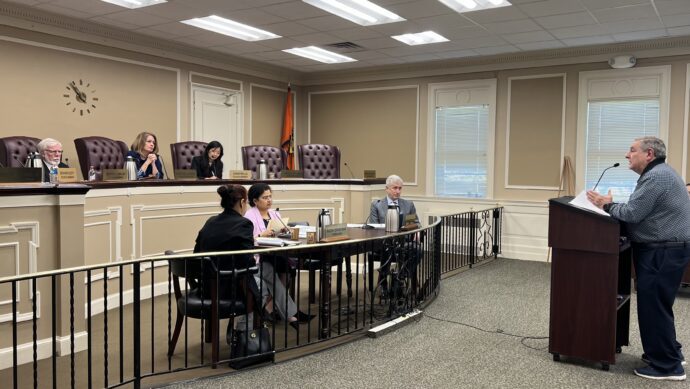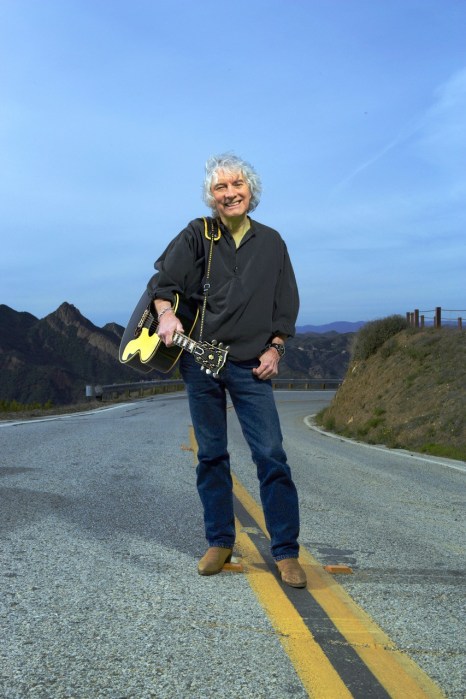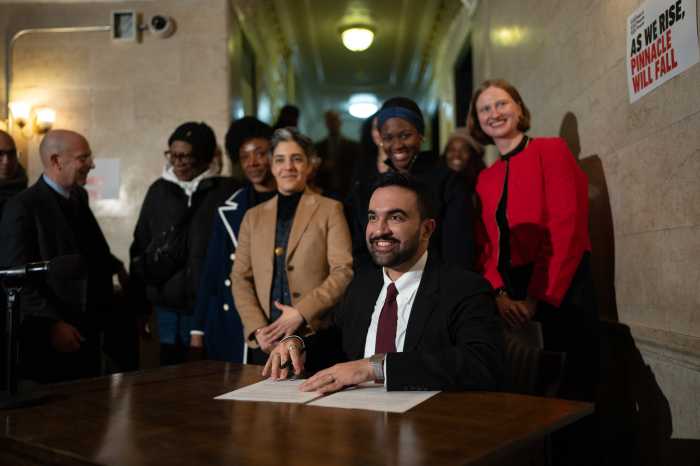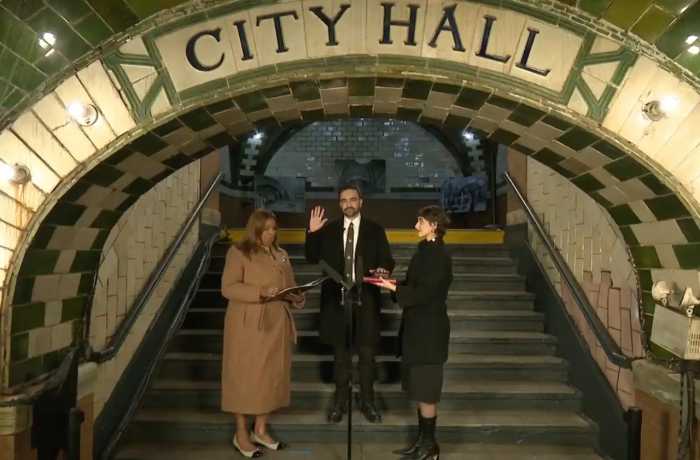Residents aired their support and concerns on Tuesday about the Town of North Hempstead’s proposed temporary moratorium on Battery Energy Storage Systems facilities.
The proposed local law would place a one-year moratorium on the issuance or approval of using any land in the Town of North Hempstead for battery storage systems facilities.
Two council members were absent during Tuesday morning’s scheduled public hearing and vote on the moratorium, so the hearing became a public comment discussion.
One main concern was the potential for fires at these facilities.
Community members said the local fire departments are not equipped to tackle fires caused by lithium batteries. They also mentioned fires at other battery storage facilities, such as one on Cove Hollow Road in East Hampton and another that caught fire in San Diego.
“BESS facilities are claiming they are necessary for New York’s transition to clean, renewable energy, but what exactly are we rushing into,” said Glen Head resident Robert Mazzella.
John Fabio, president of the Greenvale Civic Association, repeated concerns he heard at the Greenvale hearing about the proposed BESS facility there.
He said residents’ primary concern is the “inability of the local volunteer fire department to adequately fight a lithium battery fire.”
“Thousands of gallons of water may be required to douse these fires,” Fabio said. “So what happens when this water filters down into our aquifers and impacts our drinking water? Also, toxic chemicals are released during the fires.”
Hildur Palsdottir, a resident of Port Washington, said the fire wouldn’t release toxic fumes into the air because they would be contained within the facility. She also said you can’t fight BESS fires with water and have to let it burn out on its own.
Town Council Member Robert Troiano echoed Palsdottir and said the facilities are “self-contained,” and the fires won’t emit any chemicals into the atmosphere. He said it would not take thousands of gallons of water to put these fires out, but it would take several days for them to burn out.
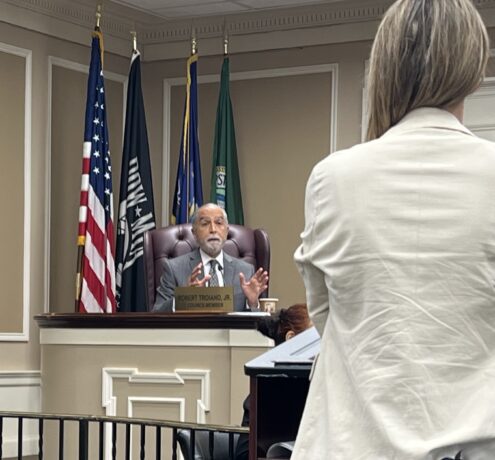
“If you look at California and Texas, you can see how it’s done right,” Palsdottir said. “They have no blackouts. We’re not preparing and last time I was here, I asked for a plan, not the ban.”
Christina Kramer said the batteries in California and Texas are surrounded by acres of land. She is concerned that any battery storage facility created in the town would be placed within a densely populated area, putting people at risk if it were to catch fire.
“If you want to put this a mile from schools, the kids will be locked in the schools, people will be locked in their houses and it’s not a matter of if, it’s a matter of when,” Kramer said.
Maheen, a spokesperson for the Long Island nonprofit All Our Energy, said of the 40 storage facility fires in the past decades, there have been “virtually no injuries.” She said the facilities would help meet peak energy demands throughout the year.
The date for the public hearing and vote on the proposed law is not set yet. As of now, no BESS facilities are being created in the town.




